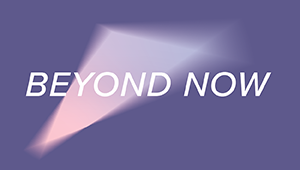Universität

Neue Website mit Erfahrungsberichten aus dem Projektstudium

Wie studiert es sich an der Bauhaus-Universität Weimar?

Lehrpreis 2025: Gewinner*innen zur summaery gekürt

Die besten Lehrkonzepte an der Bauhaus-Universität Weimar ausgezeichnet
Die besten Lehrkonzepte an der Bauhaus-Universität Weimar ausgezeichnet

Gelebter Alltag universitärer Lehre

Dritte Staffel des Podcasts »Zwischen Magie und Handwerk« ist gestartet
Dritte Staffel des Podcasts »Zwischen Magie und Handwerk« ist gestartet






